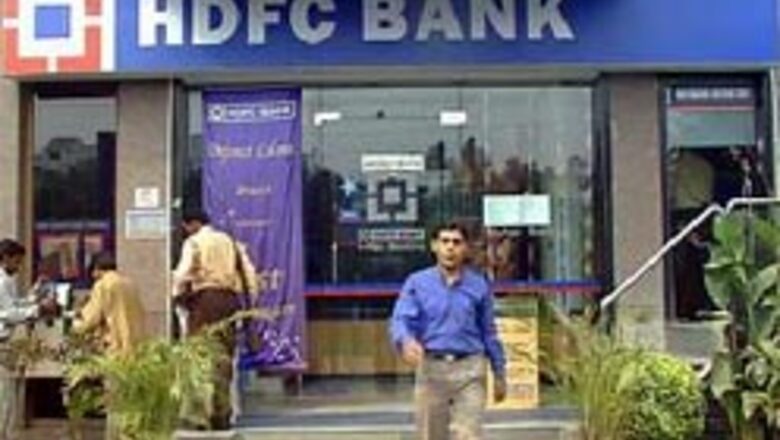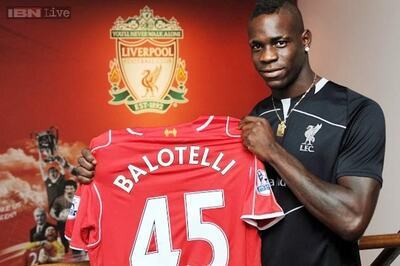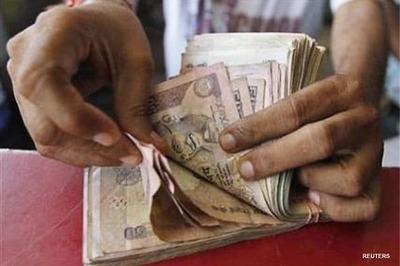
views
New Delhi: From lows of 6.5 per cent last year, interest rates have touched double digits - 10 per cent in April 2006.
That's an over three-percentage point rise in the cost of money. But India Inc does not seem worried.
The reason is, large Indian companies have not borrowed money from domestic banks, they have relied more on cheaper options like foreign equity and debt issues and even financed capacity expansions through internal accruals.
Bankers estimate that this year the investment demand from big borrowers is likely to cross the Rs five lakh crore mark and even if India Inc, decides to borrow part of it from local banks interest rates will only move in one direction - up.
CEO & MD, ICICI Bank K V Kamath, says, "We will have to see how corporate India is to going to finance this. Is it through cash accruals, equity, FCCBs or are they going to come to banks domestically to raise part of this? If they come to the banks, we will see demand supply tightening, which could have an impact on interest rates."
Other big borrowers say if interest rates keep moving north, then this would have an inflationary impact.
But as large companies have not borrowed much, other than working capital loans, their cost of funds seems to be well under control between seven to 7.5 per cent.
According to MD, Hindalco, Debu Bhattacharya, it will generally have an inflationary impact.
But what about the small and midcap companies, who bear most of the burden of higher interest rates.
Banking sources say midcap companies are being offered rates between 10 to 12 per cent.
And small entrepreneurs say, they have managed this far, any further hikes can threaten their bottomlines.
For the past five years, India Inc has been smart and efficient about handling its finances, but going forward rising interest rates may well be a challenge to the consistent 30 per cent profitability.




















Comments
0 comment